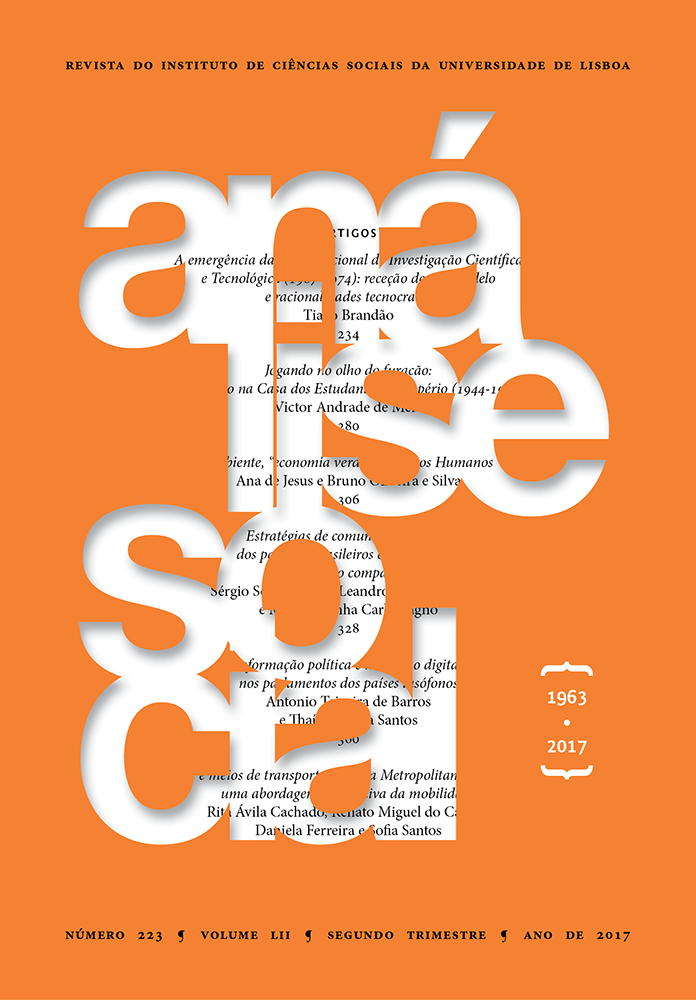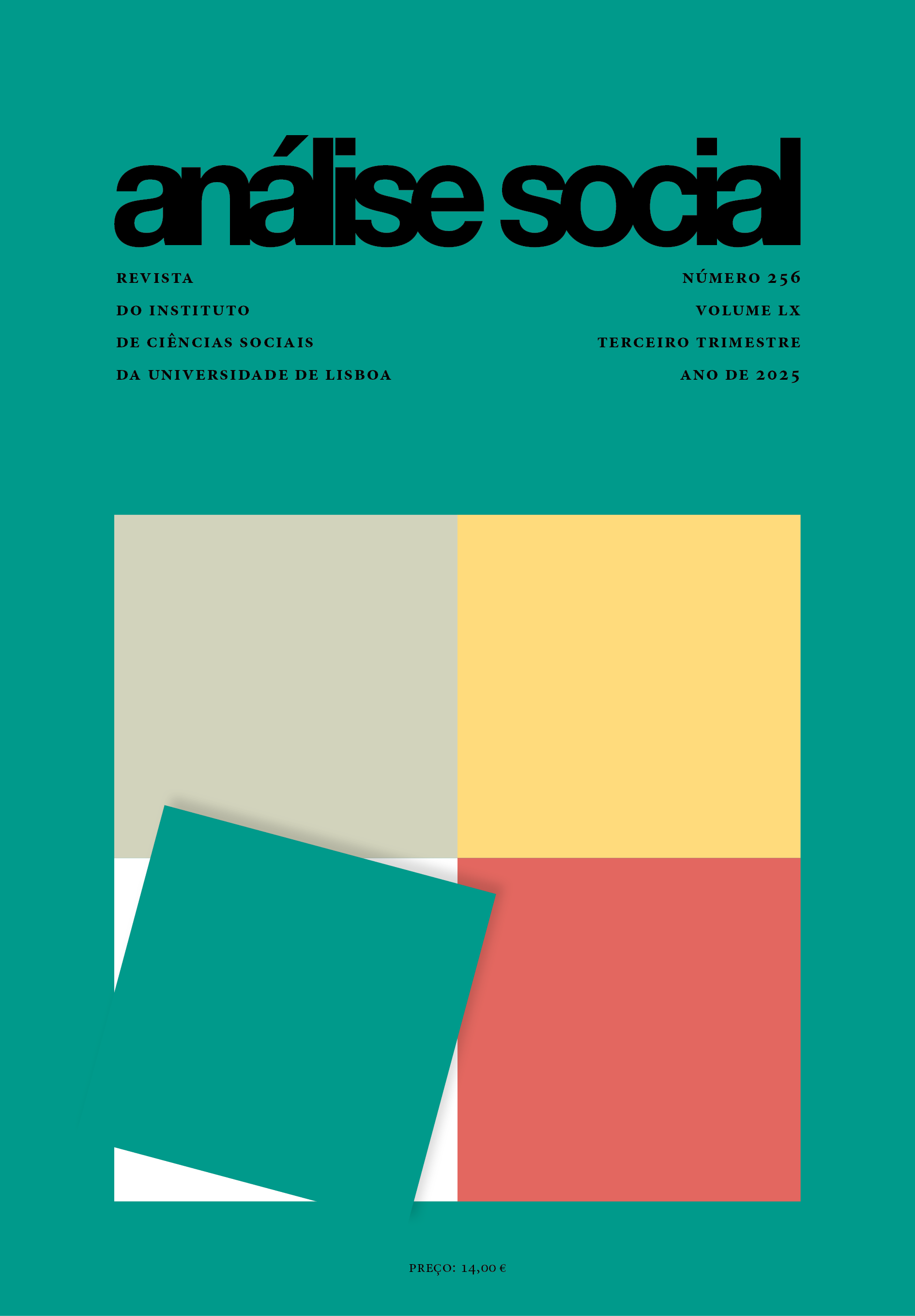The chronic food deficit of early modern Portugal: curse or myth?
DOI:
https://doi.org/10.31447/AS00032573.2017223.07Keywords:
food deficit, agriculture, foreign trade, PortugalAbstract
Two historiographic currents have debated whether early modern Portugal was cursed by an excessive dependence on agricultural imports due to being unable to feed its population. In this short paper, the first long-run systematic quantitative study of this question, we show that the former view is a myth and therefore could not be a curse. Throughout the entire period, a certain amount of grain was in fact imported but cereal purchases abroad never represented more than a diminutive percentage of total food consumption. More importantly, the country carried out a diversified trade in foodstuffs which was seldom seriously out of balance. Portuguese agriculture showed itself consistently capable of specializing in different foodstuffs for export. It was thus not hopelessly inefficient and succeeded reasonably well in meeting the basic nutritional needs of the population.



